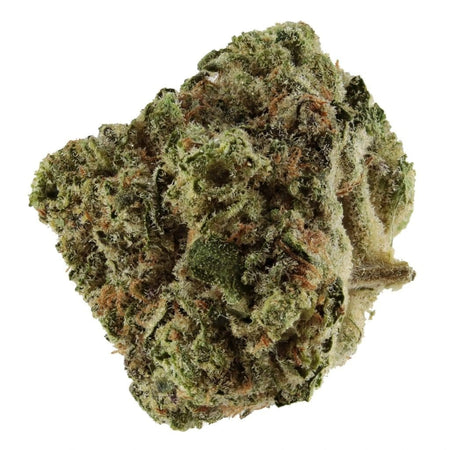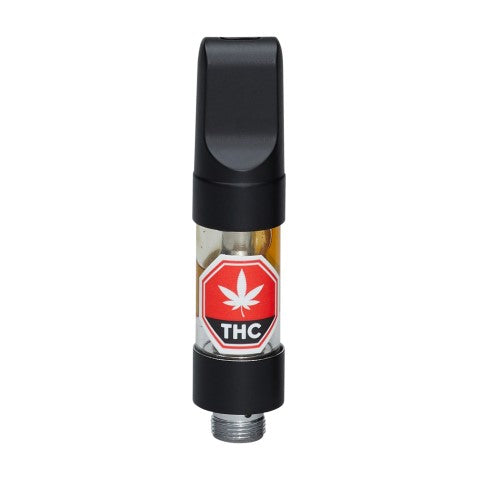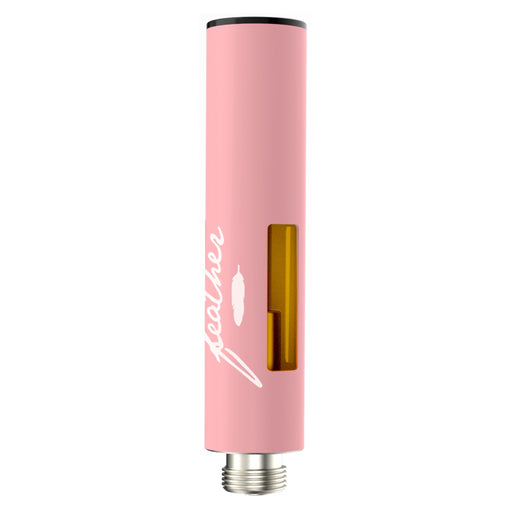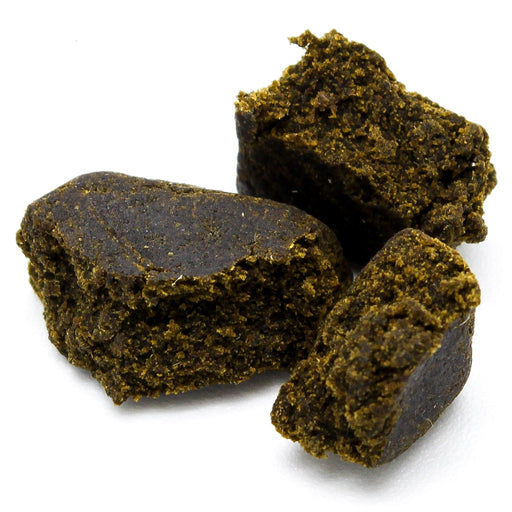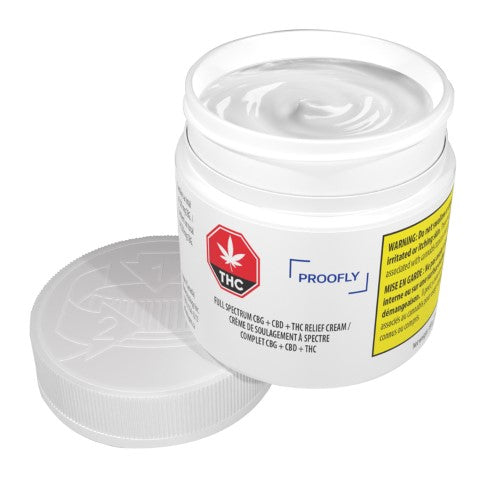Understanding Cannabis and Its Components
Cannabis, a complex plant with a multitude of chemical compounds, has gained considerable attention for its potential therapeutic benefits for pets. The primary components of interest in cannabis are cannabidiol (CBD) and tetrahydrocannabinol (THC). These compounds, while both found in cannabis, have markedly different effects.
CBD is renowned for its non-psychoactive properties, making it an appealing option for pet owners seeking natural remedies. Unlike THC, CBD does not induce a “high” and is generally considered safe for pets when administered in appropriate dosages. Research indicates that CBD can offer a range of benefits, including pain relief, anti-inflammatory effects, and anxiety reduction. This has led to a growing interest in CBD as an alternative treatment for various health conditions in pets, such as arthritis, anxiety, and seizures.
Conversely, THC is the psychoactive component of cannabis and can be harmful to pets. Even in small amounts, THC can cause adverse reactions such as disorientation, excessive drooling, and in severe cases, respiratory or cardiac distress. Therefore, it is paramount that pet owners use only pet-specific CBD products that are entirely free from THC to ensure the well-being of their furry companions.
The burgeoning interest in CBD for pets has prompted a surge in product availability. However, the regulatory landscape surrounding these products is still evolving. It is crucial for pet owners to select high-quality, lab-tested CBD products to ensure they are safe and effective. Regulatory oversight and third-party testing can help verify the purity and concentration of CBD, ensuring that the products are free from contaminants and accurately labeled.
In summary, understanding the differences between CBD and THC is essential for safely incorporating cannabis into pet care. As the demand for natural remedies grows, ensuring the use of reputable, thoroughly tested CBD products will be key to harnessing the potential benefits of cannabis for pets.
Health Benefits of CBD for Pets
As the popularity of CBD continues to rise, pet owners are increasingly exploring its potential benefits for their furry companions. CBD, or cannabidiol, has been found to offer a range of health benefits for pets, addressing common conditions such as anxiety, pain, inflammation, arthritis, seizures, and digestive issues.
One of the most prevalent uses of CBD for pets is in managing anxiety. Many pet owners have reported significant improvements in their pets’ behavior, noting reduced symptoms of anxiety and stress. For instance, dogs with separation anxiety often exhibit calmer behavior when administered CBD, allowing them to feel more at ease during their owners’ absence.
In addition to anxiety relief, CBD has been lauded for its pain-relieving properties. Pets suffering from chronic pain due to conditions like arthritis have shown marked improvements in mobility and comfort. Inflammatory conditions, including arthritis, can also benefit from CBD, which possesses anti-inflammatory properties that help reduce swelling and discomfort.
Seizure management in pets is another area where CBD has shown promise. Scientific studies and anecdotal evidence suggest that CBD can reduce the frequency and severity of seizures in dogs with epilepsy. Similarly, pets with digestive issues may experience relief through the use of CBD, which can help regulate gastrointestinal functions and promote a healthier digestive system.
While the anecdotal evidence is compelling, scientific research supporting the use of CBD in veterinary medicine is still ongoing. Preliminary studies indicate positive outcomes, but further research is needed to fully understand the long-term effects and optimal dosages for pets. It is crucial for pet owners to consult with a veterinarian before starting any CBD regimen to ensure it is safe and appropriate for their pet’s specific health needs.
Administering CBD to pets can be done in various forms, including oils, treats, and capsules. Dosage guidelines typically depend on the pet’s weight and the severity of the condition being treated. Pet owners should start with the lowest recommended dose and gradually increase it while monitoring their pet’s response. Observing changes in behavior or health can help determine the effectiveness of the treatment.
In conclusion, CBD presents a promising option for improving the health and well-being of pets. By addressing conditions such as anxiety, pain, inflammation, and seizures, CBD can enhance the quality of life for many animals. However, veterinary guidance is essential to ensure the safe and effective use of CBD in pets.



